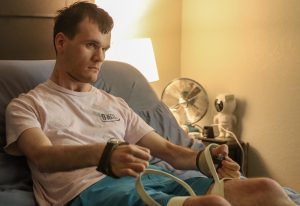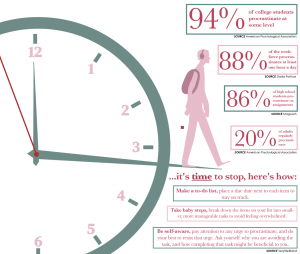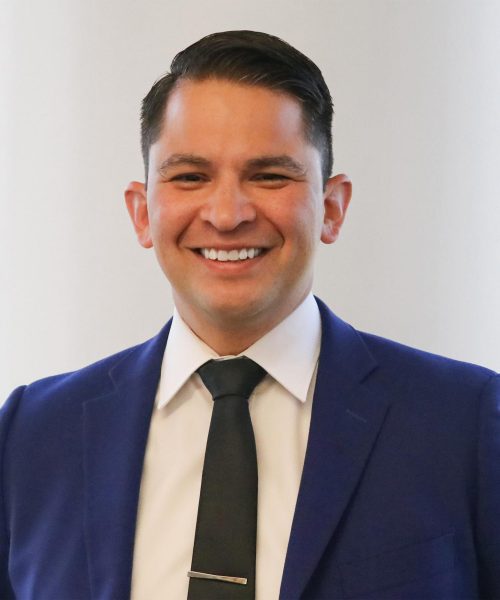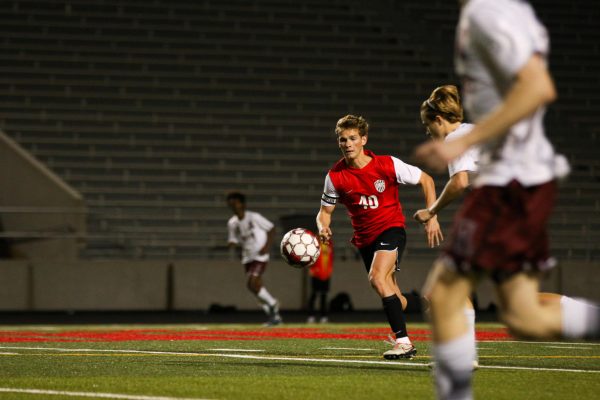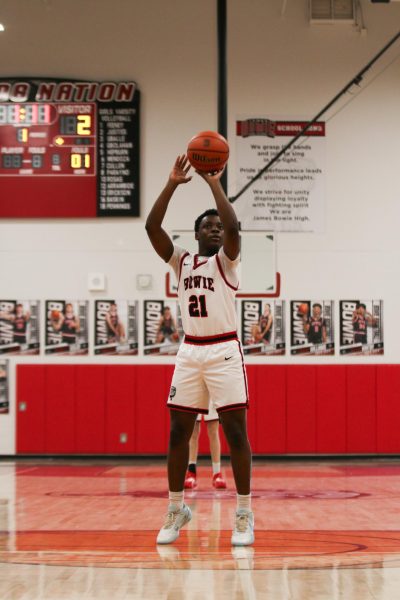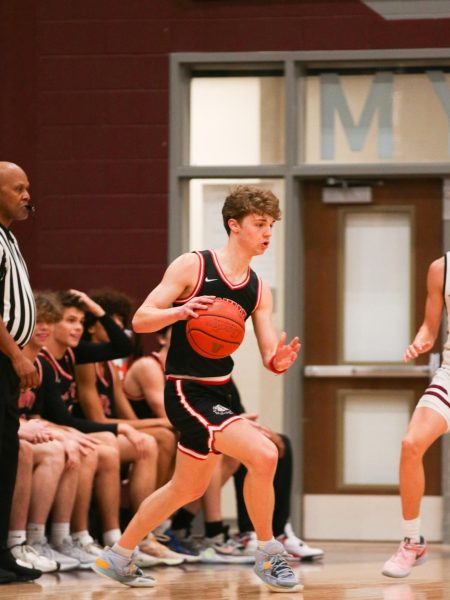Bowie Band and Orchestra Collaboration
March 1, 2017
The orchestra and band programs here at Bowie are two completely different programs. The orchestra plays string instruments while the band plays horns, woodwinds and percussion. However, they both produce music and once every year the two programs get together to compete for District UIL.
David Chisum is the director and conductor of the orchestra program. This is his second year teaching at Bowie and he is conducting two of the pieces the full orchestra will be performing.
“Conducting a full orchestra has the same concept, same ideas, same way of thinking,” Chisum said. “You’re just listening to more voices. I guess in that way it’s a little harder. I don’t find it to be any more difficult than conducting my string orchestras. It’s just more.”
In their own separate ways, practicing with a full orchestra is beneficial to both sides. With rehearsals that start as soon as school lets out and ending after six, students have to commit to learning their parts.
“It’s a different experience for the band kids and it’s important because all of them are soloists,” Chisum said. “For the strings it’s important because it teaches them to play a different way, with different sounds and it’s a different type of listening. And plus, it’s just the best music. It doesn’t get any better than the music we’re playing.”
For the students in band, a full orchestra means adding four more instruments. For the students in orchestra, it means adding three more sections: woodwind, brass and percussion. Sophomore Sophie Bega is a violinist who is participating in UIL.
“When playing with a full orchestra, you’re able to get a stronger sound,” Bega said. “It allows you to get a more rounded performance than you’re able to get with only strings. It gives the performance a new level of depth.”
Although, performing in a full orchestra can be an enlightening experience, it’s not all easy. With students committed to other extracurricular activities, finding the time to practice with both the band and orchestra can be hard. Sophomore Allie Grooms plays the piccolo and the flute and will be participating in UIL..
“I usually have cheer or band after school on Monday and Tuesday and then I also have orchestra after school on Wednesday so it’s a lot of time I have to spend at school,” Grooms said.
Along with the fact that students are engaged in other programs, all of the students that are participating in District UIL aren’t all in the same class periods. This means that whenever the instructors decide to practice in class, there’s a different sound from when they practice with the entire orchestra.
“Since we aren’t all in the same class, we can’t practice more than twice or three times a week,” Bega said. “This makes it difficult because the time goes by quickly, and we have to learn to trust each other to learn our parts outside of rehearsal.”
From a student’s perspective, juggling homework and other extracurriculars as well as practice is what makes District UIL hard. From an instructor’s perspective, it’s completely different.
“It’s hard when the students go off on their own and aren’t paying attention to their surroundings,” Chisum said. “It gets hard conducting because the orchestra starts to fragment and then you’re up there trying to keep it together.”
High school resides as the number one cause for stress in students from age 13-17, according to Palo Alto Medical Foundation, so it’s no surprise that before a competition, students would feel nervous. This is Bega’s first year competing in such a competition.
“For me any competition makes me nervous because I’m competitive,” Bega said. “Full orchestra UIL makes me especially nervous because I’m not used to having the band play behind me, so it’s a new sound. I’m excited to be able to play alongside the band though. I think we’ll do pretty good.”
With hours of preparation going into perfecting this performance, instructors and students look forward to competing and have hope for good results.
“They prepare their students and it’s just a combined effort,” Chisum said. “My hope is that when they come to rehearsal that teaching has occurred and we can just sit down and make music together.”



